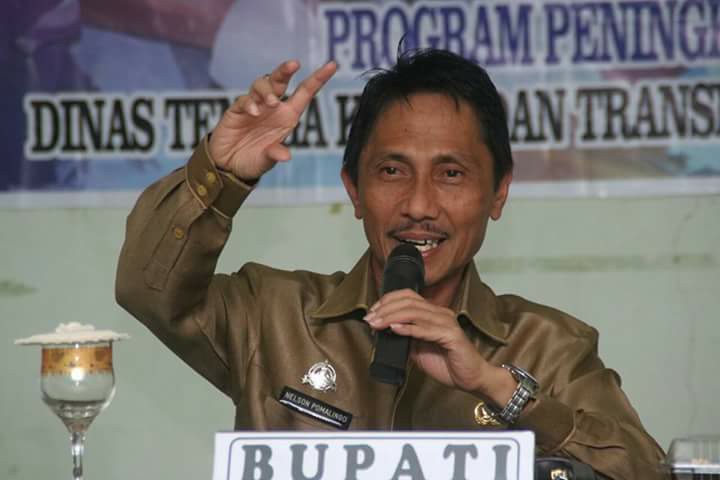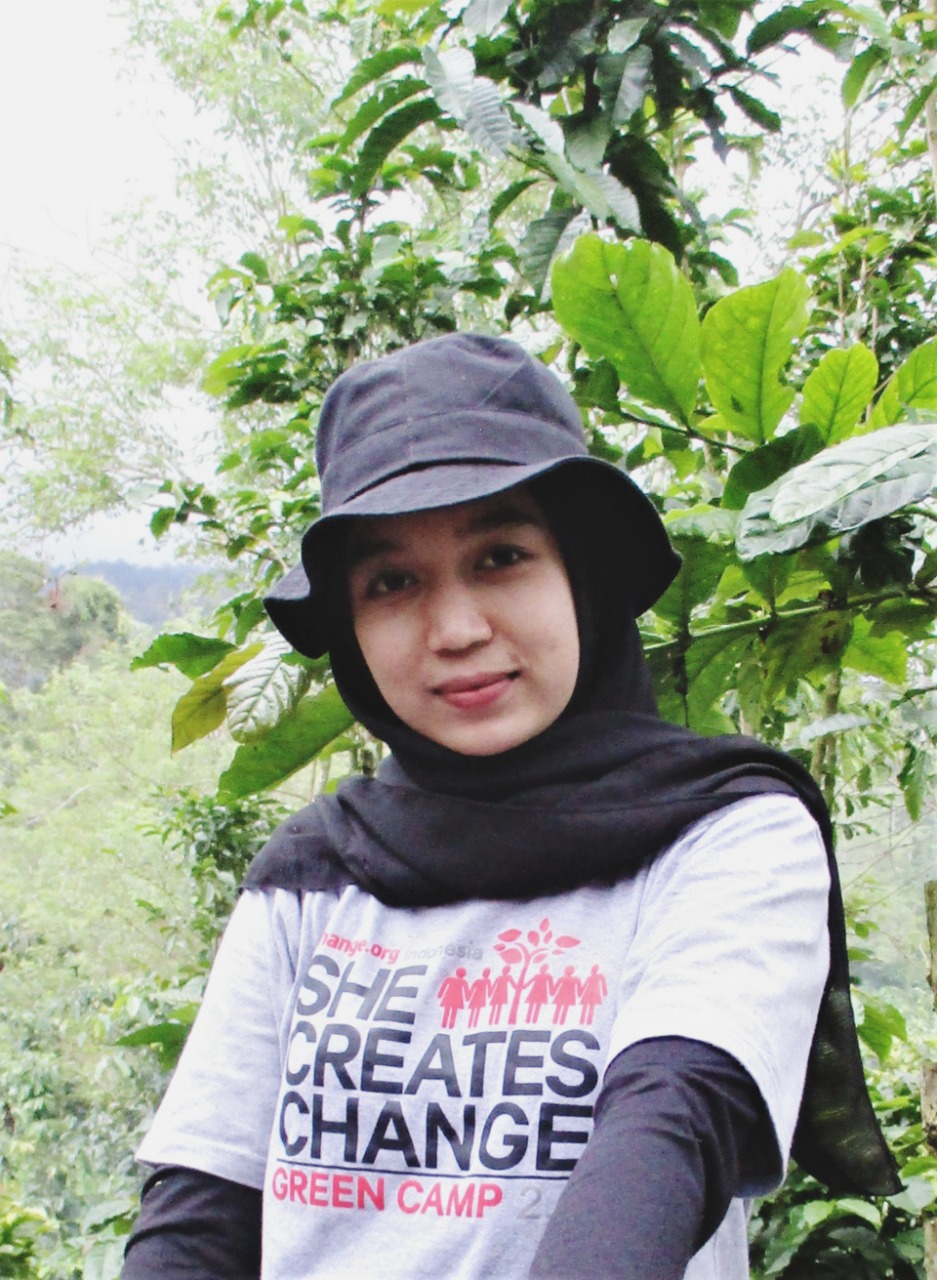“This is our commitment for the environment, at least the commitment to keep it sustainable.”
Aware that Gorontalo is the most vulnerable area against the escalating climate change, Nelson Pomalingo, the regent of Gorontalo, initiated a climate change adaptation working group in the province.
This working group also pioneered the formulation of work plans and strategies for climate change adaptation at the regional level, which is integrated in the regional medium-term development plan, as well as the regional government work plan and budget.
During his leadership, a study on climate change risks at the Gorontalo Regency level was successfully formulated.
Nelson also allocated 10 percent of the APBD budget to fund climate change adaptation programs. This brings Gorontalo Regency to become a pioneer in applying the concepts and methodologies of regional climate budget tagging to identify the achievements of climate change mitigation and adaptation actions.
“This is our commitment to the environment, at least the commitment to protect the environment to remain sustainable, “said Nelson.
Nelson said that the purpose of including climate change adaptation in development planning is to encourage sustainable development in Gorontalo Regency based on population and the environment. This means that firstly, population development and the creation of a sustainable environment in Gorontalo Regency must be integrated into development policies. Secondly, incorporating climate change adaptation in the regional medium-term development plans is also an effort to increase community resilience in facing climate risks.
Based on a vulnerability study by the National Council for Climate Change (DNPI) in Gorontalo Province, Gorontalo Regency is known to be the most vulnerable area to climate change. However, the institutional capacity of local governments and their communities to adapt to climate change is still categorized as low. Almost every year, the frequency and vulnerability of hydrometeorological disasters is increasing, including floods, landslides and droughts.
In terms of flood disasters, the intensity has been increasing in the last five years. In 2015, almost all sub-districts were affected by floods and in 2016, major floods caused losses of up to Rp 243 billion. “This is the reason why I included climate change adaptation in the Gorontalo district development plan,” said Nelson.
Another innovation by Nelson is establishing a multi-stakeholder institution for the implementation of the Greenhouse Gas inventory implementation based on Presidential Regulation No. 71 of 2011. All of Nelson’s policies, regulations, and actions will prioritize the vision of a sustainable economy, a protected environment and a prosperous society.
Nelson also encourages the movement to protect forests and peatlands by supporting the moratorium on oil palm plantations. He decided to evaluate all permits for oil palm plantation concessions in Gorontalo Regency and prefer to encourage village communities to actively develop coconut plantations, instead of oil palm.
For Nelson, oil palm plantations only benefit a small group and harm the people in the regency. Palm oil activities tend to be environmentally unfriendly and ignore environmental principles in the process of environmental impact analysis (AMDAL). It also threatens the availability of water. Likewise, in terms of land tenure, oil palm companies can control very large areas of land, while the community has to fight very hard to get arable land.
“Besides, oil palm plantations are not the culture of community plantations in Gorontalo Regency,” said Nelson. Therefore, he prefers to develop coconut and corn plantations. In addition to being more environmentally friendly and having a higher selling value, it also improves people’s welfare.
Ichsan Adrias Male, a legal practitioner in Gorontalo, said that the decision to include climate change adaptation in development planning in Gorontalo Regency is a very good policy that gives positive impacts. From the legal point of view, regional heads do have broad obligations and authority to protect and manage the environment in the regions.
Nelson’s policy of making environment as the basis for development planning for the next 10 years can be interpreted as a concern by regional leaders to improve human survival.
“Therefore, this kind of policy is a good example for other regions in the province,” said Ichsan.




PUBLISHED BY CLIMATE HEROES